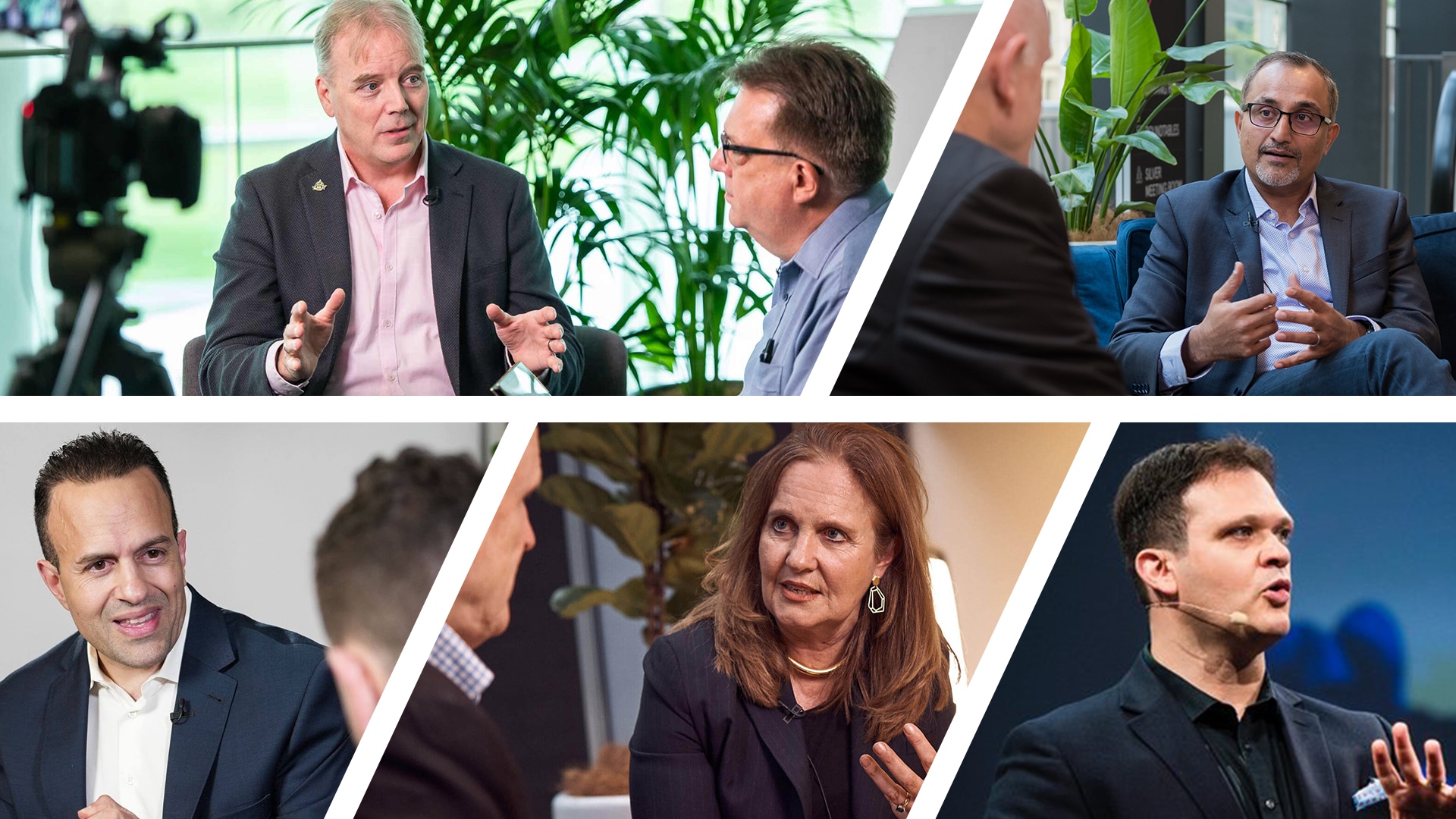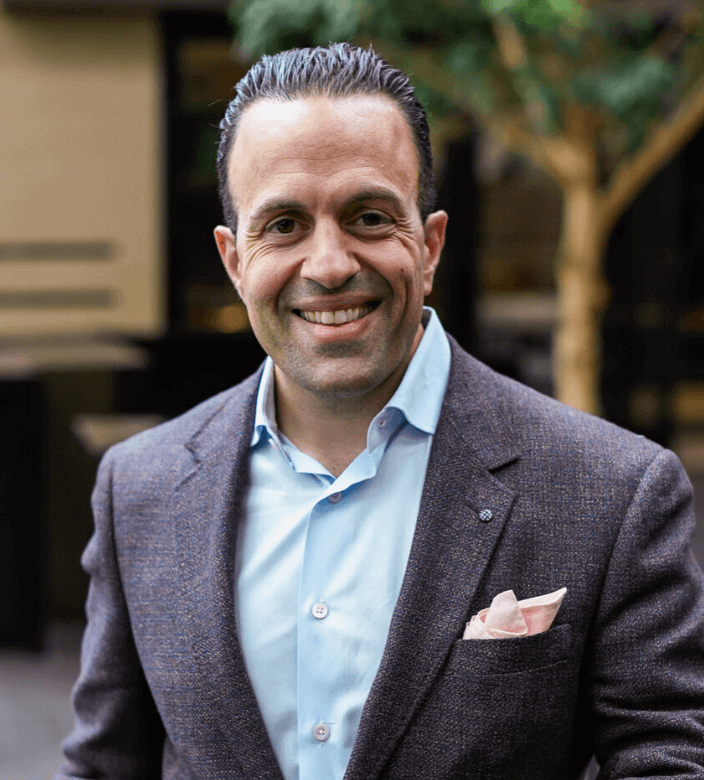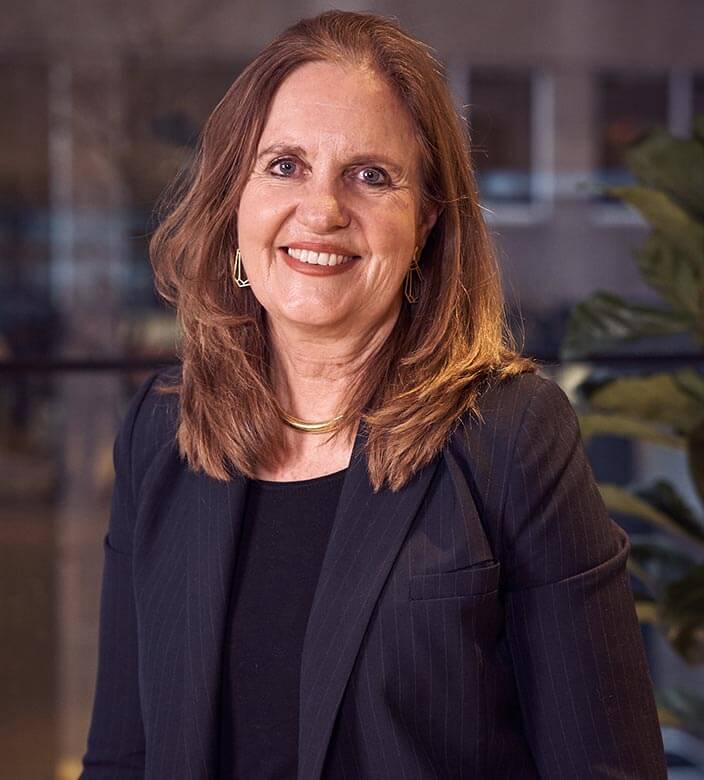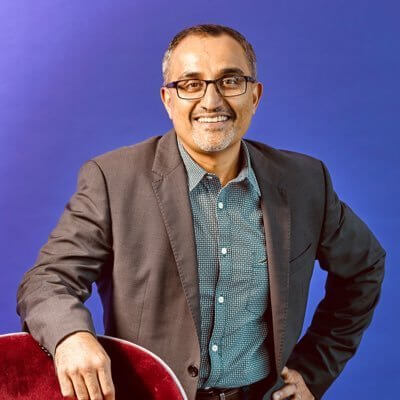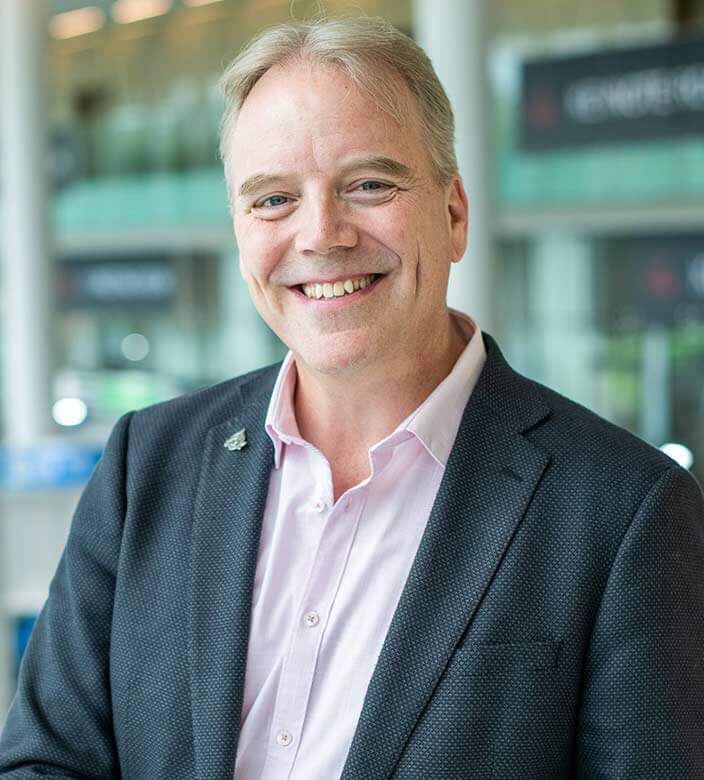Building the Skill Sets of the Future
Global thought leaders share their thoughts on how senior executives can address the IT skills shortage and the various barriers they need to overcome to do so.Through the digitisation of their operations, organisations have maintained their services during the COVID enforced lockdowns.
Due to border closures, the loss of skilled migrants in IT reduced the available talent pool for hire.
Loyal staff have been under significant pressure to maintain their organisations’ operations while rapidly adopting a digital business model.
Staff will leave for roles that offer them training opportunities. A failure to train staff will lead to a deficiency of Australian skills. All businesses will benefit as the calibre of the workforce available increases.
Rather than finding the perfect candidate with exact qualifications and experience, people must be allowed to grow and develop new skill sets. Employers must be open to risk in promoting staff to senior roles.
ADAPT’s Research and Advisory clients can learn more about the Australian IT Skills Shortage.
As Professor of Business and Economics at Harvard University’s Division of Continuing Education, Mark Esposito has identified the changing skillsets needed as one of the seven Global Trends worsening fractured globalisation through to 2035.
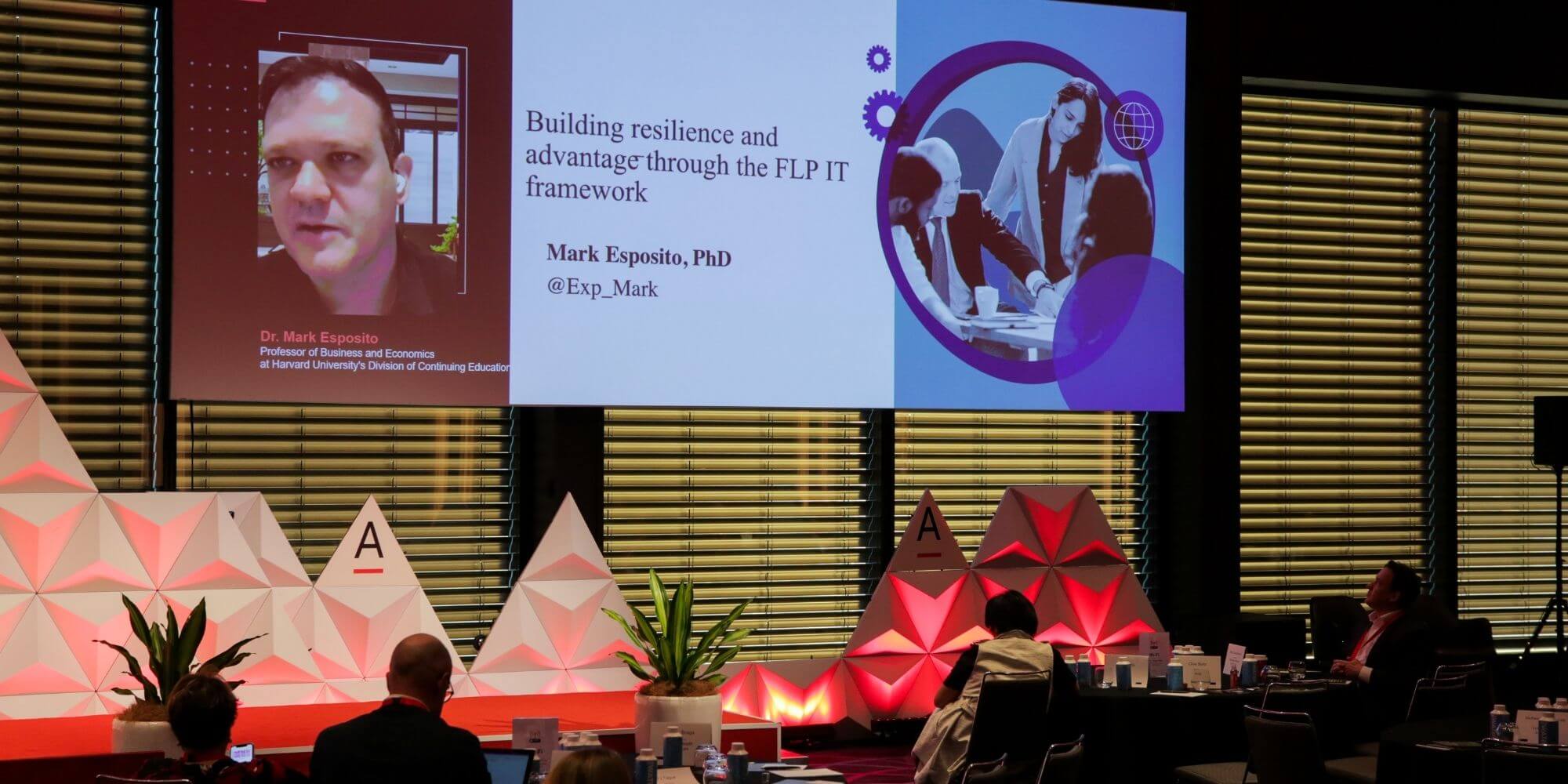
Finally, as an educator, I can tell you firsthand that education is not entirely serving its stakeholders in the right way or its constituents. We have to change the way we’re closing the skill gaps drastically.
We estimate roughly that by 2025, the skillsets required in the workplace will be 35% different from what we have right now.
If we expand in the conversation a bit more into the future by integrating the idea of how technology will change the nature of jobs, we expect that by 2035, roughly 65% of current jobs will not exist.
Learn how the pandemic has accelerated the fracturing of globalisation and how technology leaders can grasp the unique opportunities that lie ahead.
Assyl Haidar is Director of Digital Transformation, Operations at the University of Melbourne. He believes digital literacy is key to all employees being empowered to innovate the customer experience.
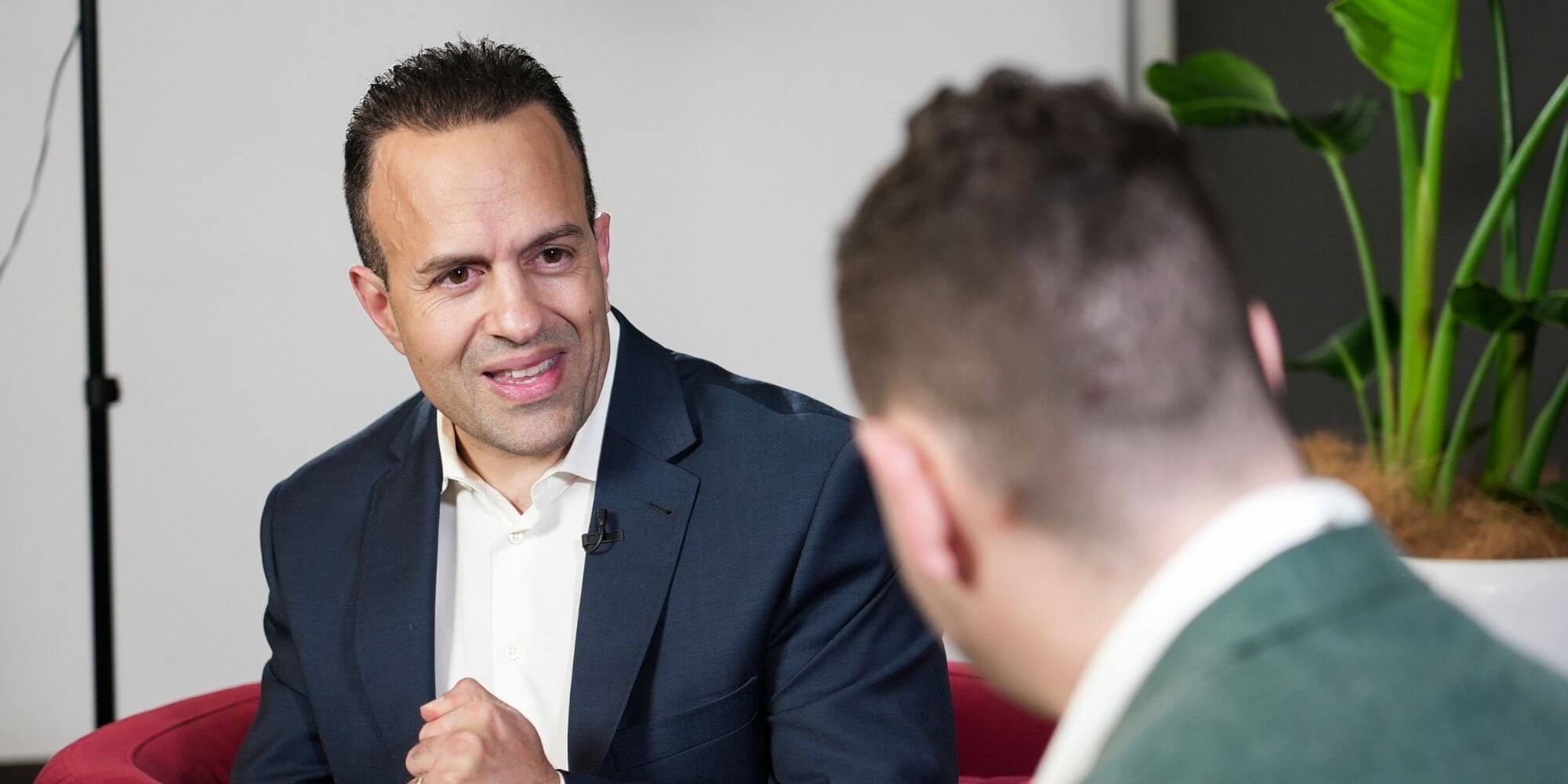
It’s not the skills mix that has changed. The urgency of accelerating literacy has. In some cases, it might not be literacy. It might be confidence because once you put the word digital in front, many people say, ‘Well, I’m not a technical person.’
Having that conversation to say, this is not about technical and non-technical. This is not about mastery. This is about simply being empowered to participate in an increasingly digital environment.
Whatever our point of view is on that, it is increasing. Leaders are responsible for managing that pathway responsibly to that urgency that has gone up.
Assyl discusses leveraging augmented, virtual, and mixed reality to facilitate hybrid collaboration and personalise the online student experience.
CIOs are uniquely positioned to become the talent managers of the organisation, according to MIT CISR’s Research Scientist, Kristine Dery.
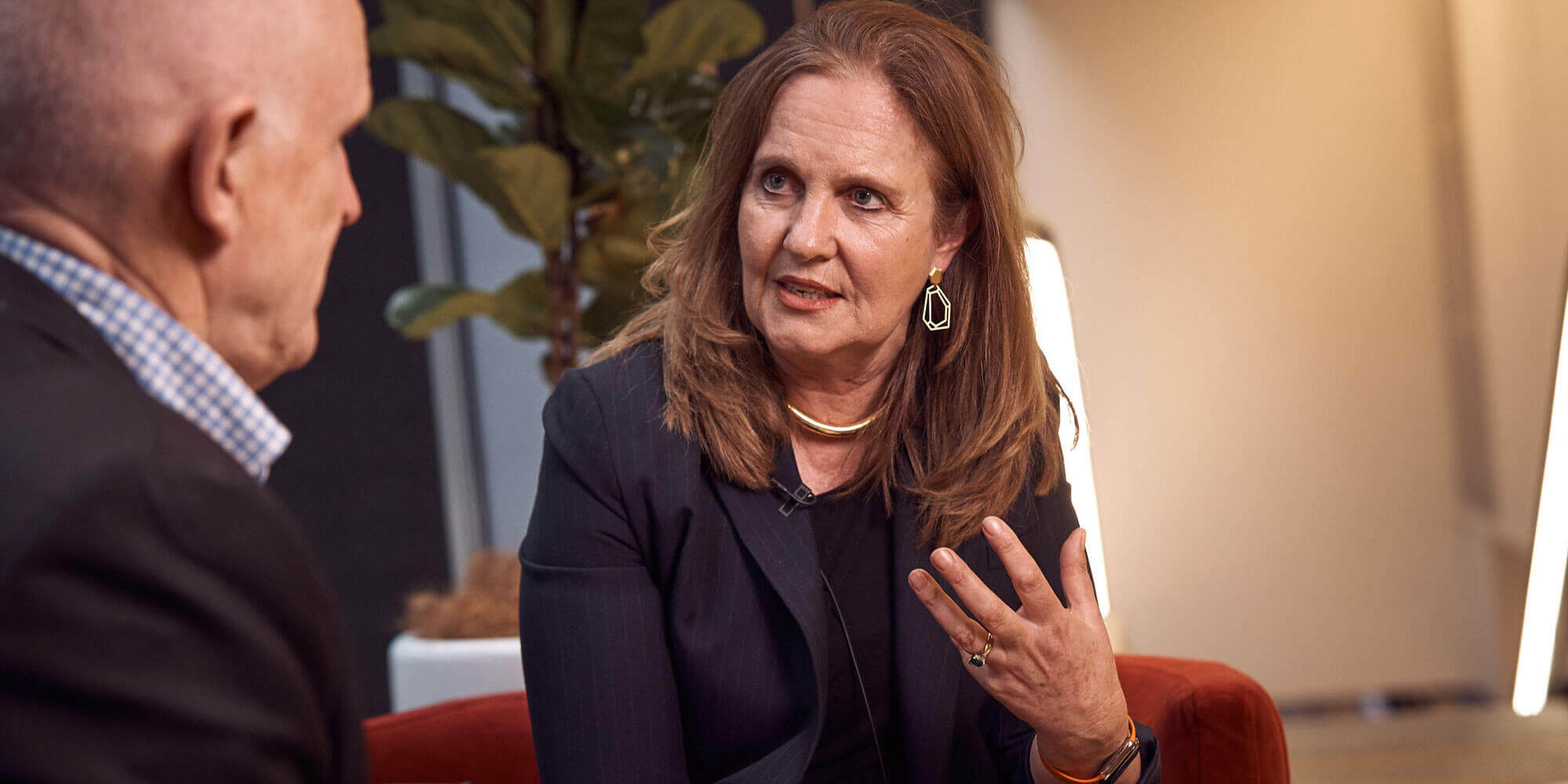
The CIO is best positioned for [ensuring the right skill sets are in the organisation]. They are the ones that have to understand what employee experience is going to enable them to attract the kind of digital talent that they’re going to need and not only attract them but grow them from within.
If you’re in a remote geographical location that just can’t go out and grab talent from anywhere and everywhere, you’re going to have to work with what you’ve got, and you’re going to have to grow that talent and future proof them.
In most of the companies that I am talking to that are high performing in terms of their employee experience, the CIO plays a major role. So, the skills of the CIO are way beyond just getting an IT unit to work effectively. They are starting to become the talent managers of the organisation.
In her full interview, Kristine Dery shares more about building up a high-performing digital workforce.
PWC Australia’s Chief Digital Officer, Vishy Narayanan, says he’s been solving this challenge by measuring digital fitness and identifying opportunities for upskilling.
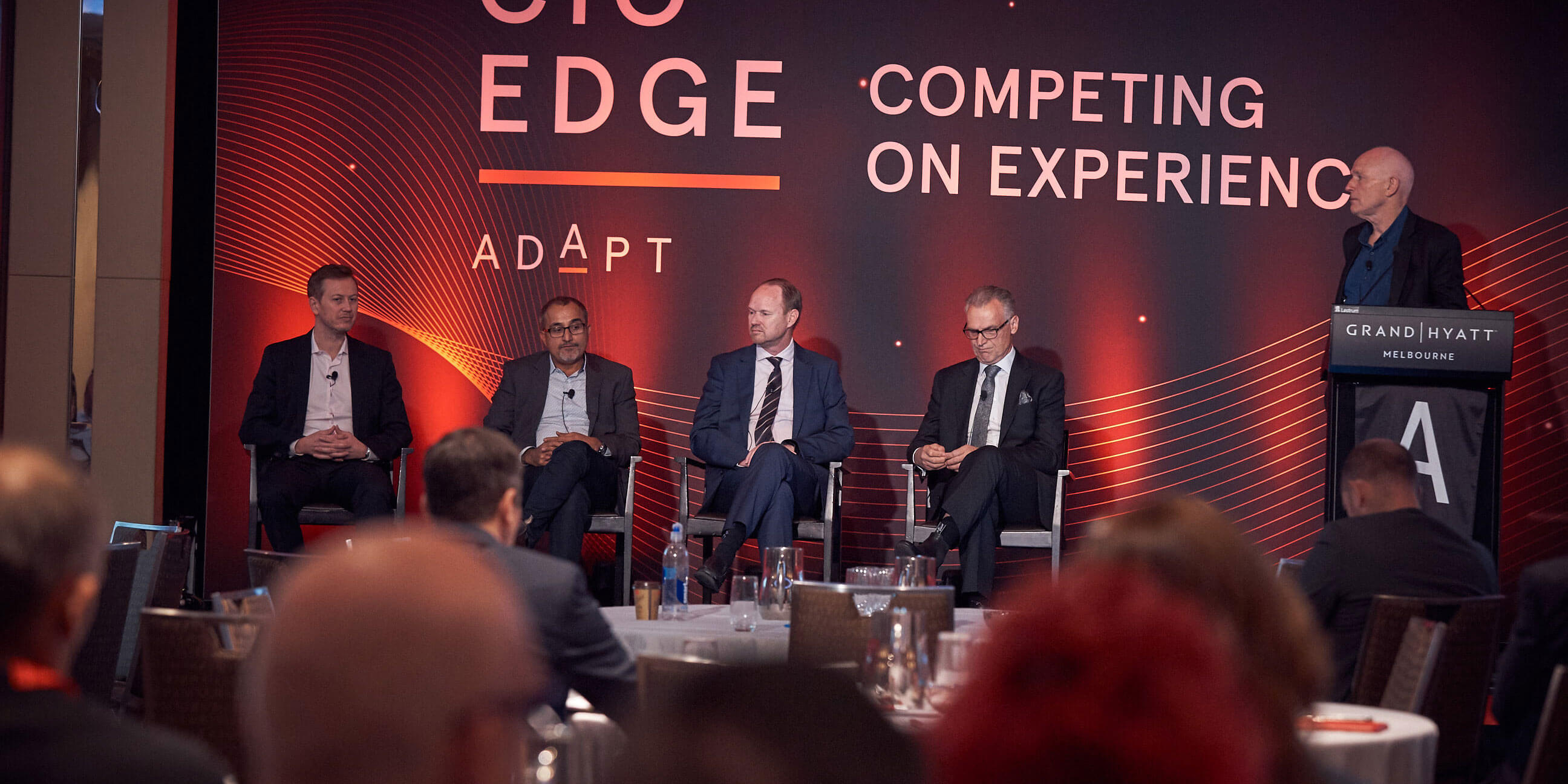
There are not a lot of skills in the market. And largely, I believe, this is my personal view, is it’s because of the market’s risk aversion to sort of to increase that percentage from 20 or 30 into new skills. We are sort of caught on the hop a little bit right now as a collective community.
Our approach is to run a complete whole-of-firm upskilling program. We call it digital fitness. A little bit like, what’s your digital fitness? We have a digital IQ program. It’s underpinned by a common benchmarking.
For the first time in our firm’s history, we have a tool that allows us to benchmark it regardless of where you sit in the firm. Whether you’re assurance, et cetera, it gives you a score. And we love scores at PwC, and we love scoreboards, and we love a bit of healthy rivalry and competition.
We’re trying to drive that upskilling and then pulling people off the line to give them specific skills and machine learning, or AI or even things like RPA, which allows us to build these centres of excellence.
Vishy spoke more about building centres of excellence in a panel discussion exclusive to ADAPT Research and Advisory clients only.
Infrastructure Mason’s Founder, Dean Nelson, says employees hold their destiny in their own hands. Workers must have frank conversations with management to determine which skill sets will be needed by their organisation.
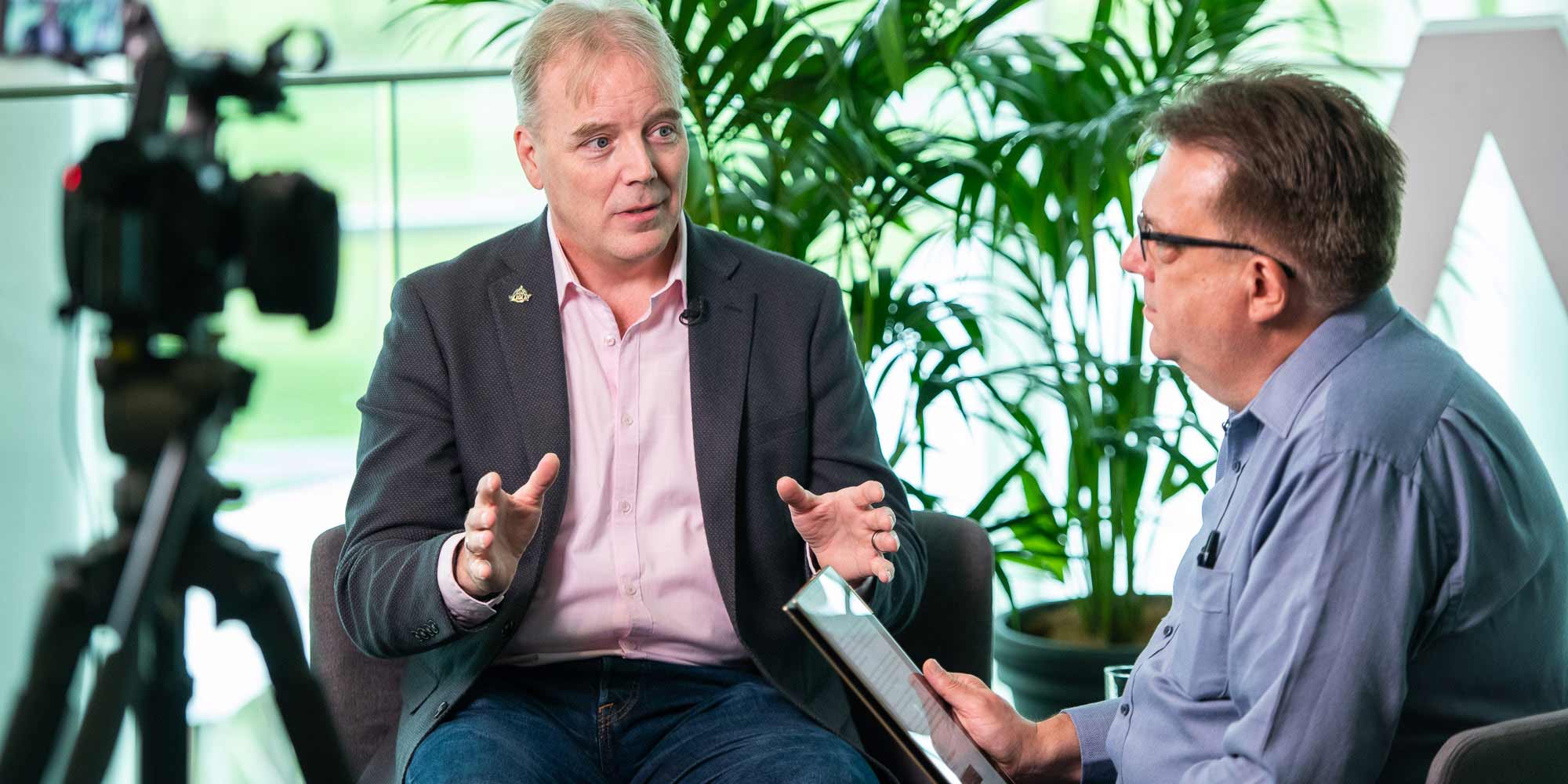
You need to think about, “What is my next career move? What else is needed?”
To orchestrate a lot of that, there’s architecture. There’s management. There are things where the jobs may be replaced, and scale will go up, but it’ll press other things that are needed. You need to look at what job you have today; will it get disrupted?
You’d look around and say, where will those jobs open up because of that disruption? They don’t all just go away. Other jobs are created.
You now need to think about retooling your skills to do it. And I think to have a straight conversation with your management team about it. What else can I learn? What can I do here? What do you see being replaced in the future? Address it head-on.
Listen to Dean Nelson discuss protecting the future of your job, Digital Labour and the Infrastructure Masons.





















